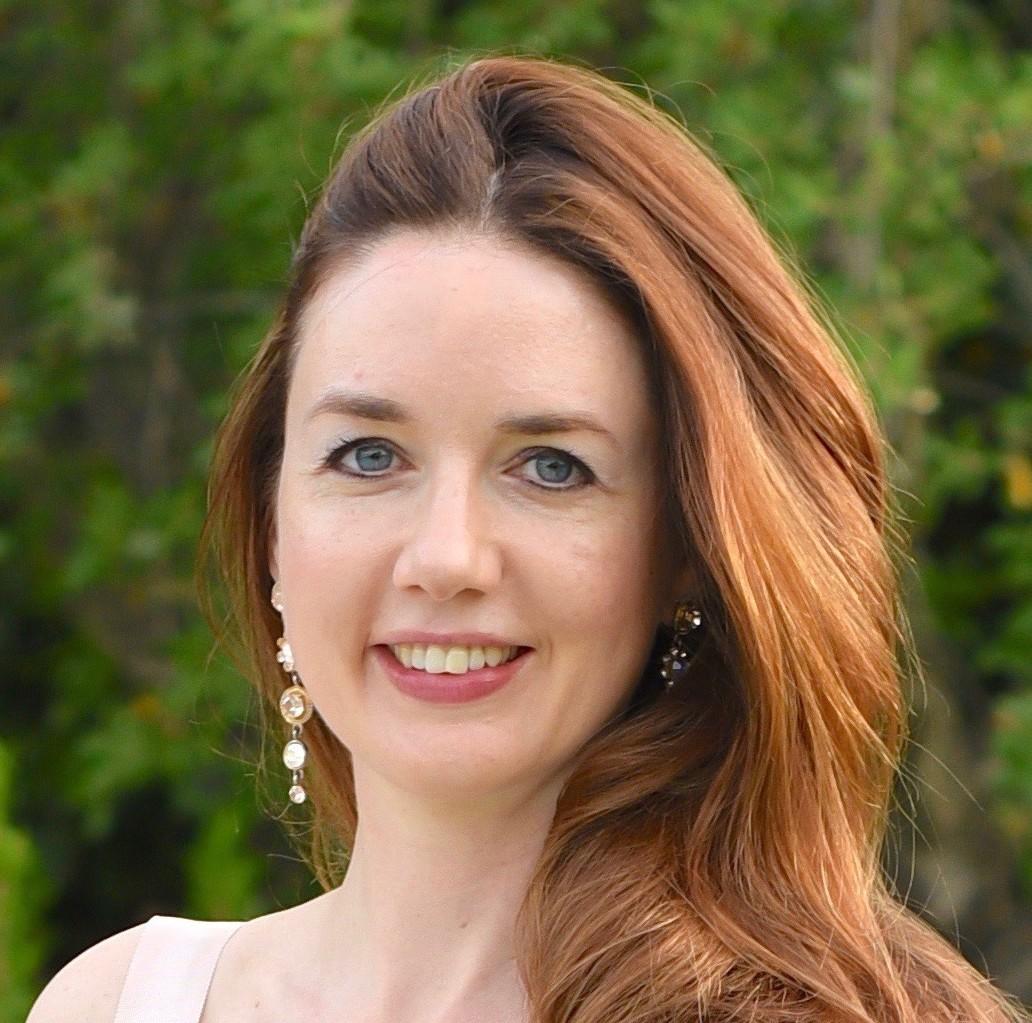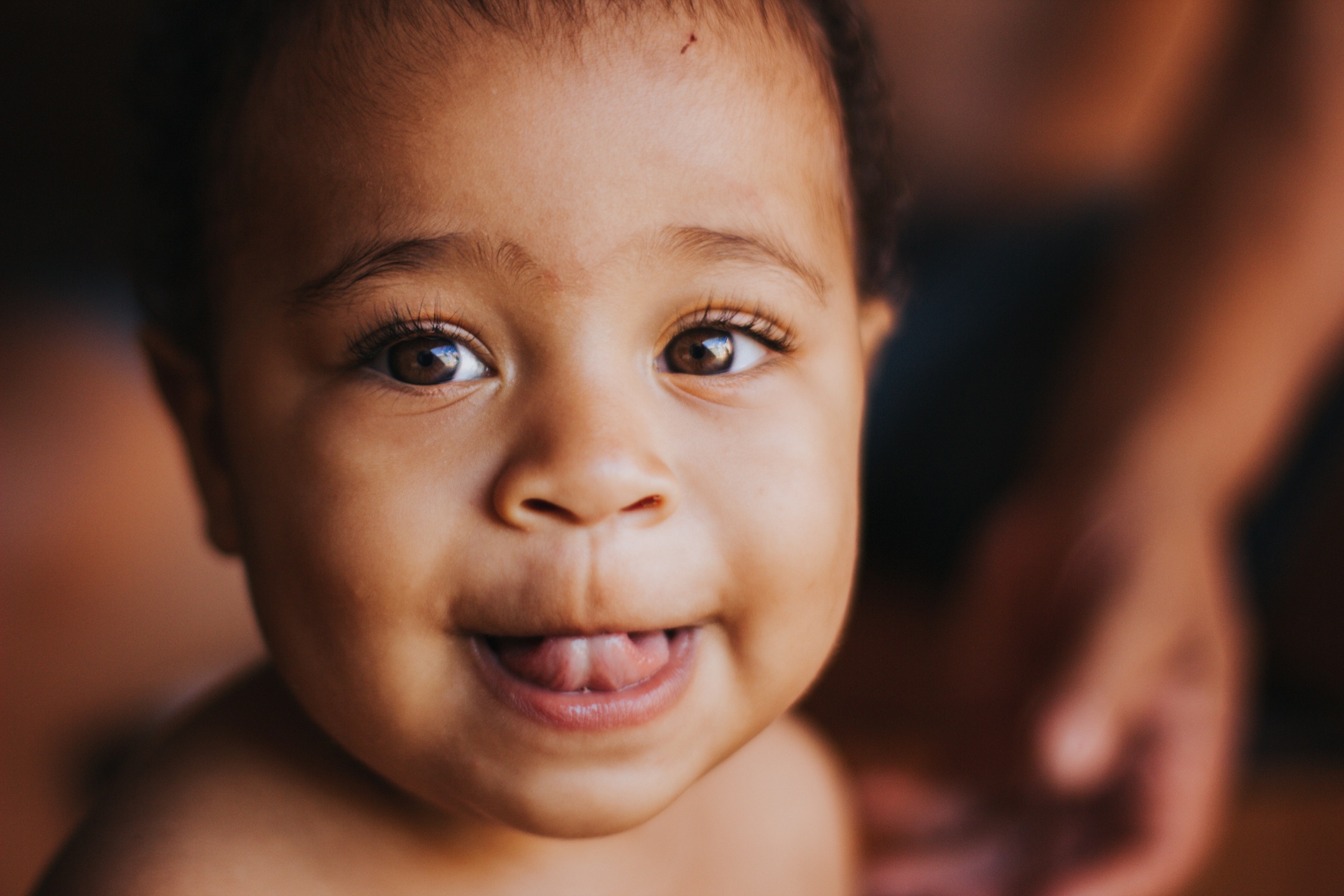When's a good time to start a routine?

By Angela Wilson
Certified child sleep consultant, MA Natural Sciences Cambridge University and co-founder of Baby Smiles Club
A good routine can do wonders for a baby’s sleep. And this is largely because of the body clock. All of us have an internal body clock (known as the ‘circadian rhythm’), and in fact so do most living beings, including plants, animals and even fungi! To sleep well, we not only need to get enough sleep, but we need to sleep at the right times, and to be consistent in those times.
Now, babies aren’t born with a body clock – which is why their sleep is all over the place in the early days! They don’t know that nighttime is for sleeping and that daytime is for being awake and having fun (with good naps in between). So how do you help a baby establish a good routine, and when’s a good time to start?
The early days
We don't believe in following any firm routines in the early weeks after birth (and even if you wanted to, doing so will likely be practically impossible!). Why?
- We think it’s best for babies to feed on demand until they’re at least 4 weeks old. A baby is working out how much milk they need during this time, and feeding on demand helps a baby get the right amount of milk. It also helps a mother establish her supply if she’s breastfeeding. Trying to put a baby on a firm schedule could mean they don’t get enough milk, and it could impact a mother’s milk supply.
- When a baby is first born, they don’t yet know the difference between night and day. They don’t know that nighttime is for sleeping (with feeds as needed) and that daytime is for being awake (with some nice naps in between). And that’s because they haven’t yet established their internal body clock. Babies typically start to develop their internal body clock from around 6 weeks old, as we explain below.
So does this mean we think that you should just leave your baby to completely set the day? Yes and no. We think it’s best for a baby to set the pace in the early days, but with some pointers and help from you. The most important of which is to help your baby understand the difference between night and day, which will help them establish their internal body clock in good time.
What does this mean in practice?
- In the first two weeks, one of the best things you can do is to treat the day as the day and the night as the night. So, open the curtains when your baby wakes in the morning and close them before bedtime. Minimise artificial light at night, and do night feeds in a calm, quiet and dark environment.
If you feel up to it, try to get out of the house and into the fresh air at least once in daytime. Being outside in the natural light will really help a baby establish their internal body clock. - From around two – four weeks old, keep doing the above, and also try to aim for a rough 7pm bedtime and 7am morning wake (or thereabouts – you might be a family who prefers 6pm/6am). Remember this is a rough aim only – these are still early days, and it takes time for things to fall into place. The actual bedtime will depend on when your baby has woken from their last nap, and could be delayed if your baby likes to cluster feed.

So when’s a good time to start to put a routine in place?
From 4 weeks….
We think from around 4 weeks old is a good time to start to put a routine in place. We say ‘start’ because it’s probably going to take a little time before your baby has a firm routine for the day. Whilst consistency (and a well-tuned body clock) is good, it takes a while to get there.
The best way to start getting into a routine is to focus first on bedtime and morning wake. Having an ‘official’ start to the day, by opening the curtains and feeding your baby at around the same time each morning, and aiming for a bedtime at around the same time each evening, will really help things to naturally fall into place. Of course bedtime may well be delayed by cluster feeding or a late nap, so remember it’s only rough times to aim towards (and not, at this point, set in stone!).
From 6 weeks….
From around 6 weeks old, biology kicks in and a baby's internal body clock starts to develop. Studies show that babies develop different components of their body clock between 6–18 weeks old. A day-night rhythm of cortisol develops at 8 weeks, melatonin rhythm and sleep efficiency develop around 9 weeks, whilst body temperature rhythm develops at 11 weeks.
Babies also typically start to rapidly consolidate night sleep from when they’re a month old, with many babies able to sleep around 6 hours (or more) in one stretch by 6 weeks.
All of this means that a firmer routine can be more achievable from around 6 weeks old. Which is why we think this is a good time to start to try to firm one up! It will likely take a little while before everything falls into place – but once you're on the right path, you're off!
Our Baby Sleep Program includes age-specific guidance from birth up to a year old, showing you how to help your baby get their best sleep as they grow. We show you how to gently build up to an age-appropriate routine that best suits your baby (because all babies are different).
Our approach is founded on the most up-to-date science about how babies sleep, and designed to foster and strengthen the parent-baby bond.

